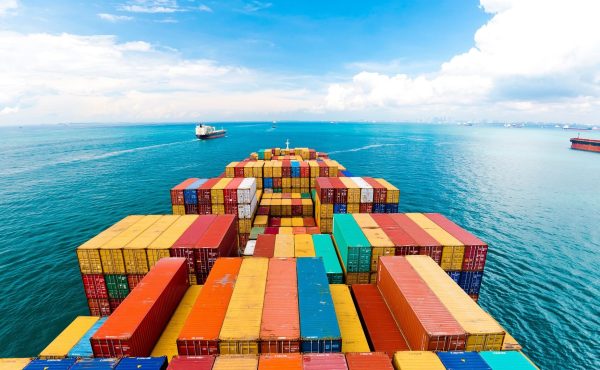Mexico’s Trade Agreements and their Impact on Logistics
Mexico has established itself as a key player in global trade, thanks to its strategic geographic location and an extensive network of free trade agreements that give it preferential access to numerous international markets. Among these agreements, the USMCA (United States-Mexico-Canada Agreement) stands out as one of the most influential. However, Mexico is also party to other significant treaties, including the Free Trade Agreement with the European Union (FTA EU-MX) and the Comprehensive and Progressive Agreement for Trans-Pacific Partnership (CPTPP).
As well as promoting international trade, these agreements have transformed logistics and transportation operations, redefining the way Mexican companies manage their distribution and export processes.
The USMCA Agreement between Mexico, Canada, and the United States
The USMCA, which replaced the North American Free Trade Agreement (NAFTA) in 2020, is a cornerstone of Mexico’s trade relationships. This agreement governs the majority of exports and imports between Mexico, the United States, and Canada, promoting economic integration across North America. Its impact on logistics is far-reaching, facilitating the movement of goods across borders, streamlining customs processes, and strengthening regional supply chains.
The benefits of the USMCA extend to major industrial sectors as well as emerging areas such as e-commerce, where logistics infrastructure is crucial to meeting growing cross-border demand. The digital trade provisions in the USMCA have increased the efficiency of international orders, leading to growth in both land and air logistics capacity.
The increased de minimis thresholds – the value of goods that can cross borders without incurring tariffs – have simplified and accelerated the transport of smaller goods. This change has led logistics companies to adapt their operations to effectively balance speed and cost efficiency. Additionally, the new USMCA rules on origin, particularly in the automotive sector, have introduced further challenges. Companies must carefully manage their supply chains to ensure compliance with the treaty’s requirements, increasing logistical complexity and demanding greater coordination among suppliers, carriers, and manufacturers across the three countries.
The FTA EU-MX Agreement with the European Union
Another key agreement is the FTA EU-MX (Free Trade Agreement between Mexico and the European Union), in force since 2000, which gives Mexican products preferential access to the European market. The impact of this agreement on logistics has been significant, especially in the maritime sector, as the majority of goods exported and imported between Mexico and Europe travel by sea. Implementing this treaty has contributed to optimizing maritime infrastructure, enabling efficient and agile trade with Europe.

The CPTPP and Opportunities in Asia-Pacific
The Comprehensive and Progressive Agreement for Trans-Pacific Partnership (CPTPP) has expanded Mexico’s trade opportunities with key markets in the Asia-Pacific region, including Japan, Vietnam, and Australia. This treaty has reduced tariffs on a wide range of products, allowing Mexican goods to reach new destinations. Logistics operations in Mexico have had to adapt to meet this growing demand, improving both maritime and air transportation capabilities toward this dynamic region.
Thanks to these agreements, Mexico’s international trade volume has grown substantially. At Logisber, we support companies looking to export to Mexico or expand their export operations from Mexico to other markets. If you are seeking effective, fast, secure, and traceable transportation solutions, contact Logisber. Our team of experts is ready to offer personalized advice and help you optimize your international logistics.
Categorías
Compartir









